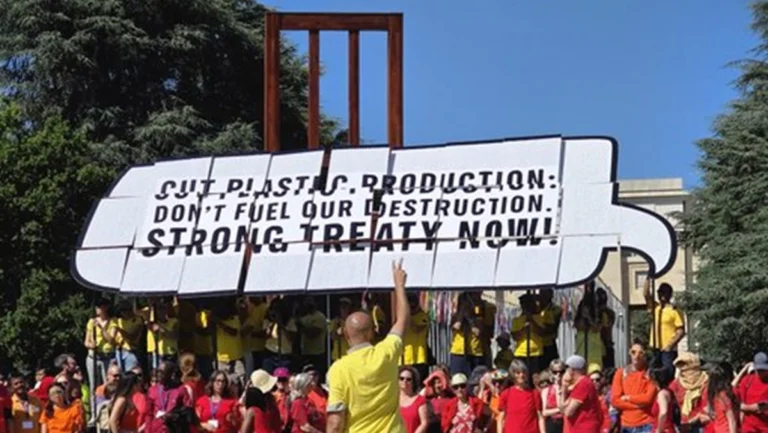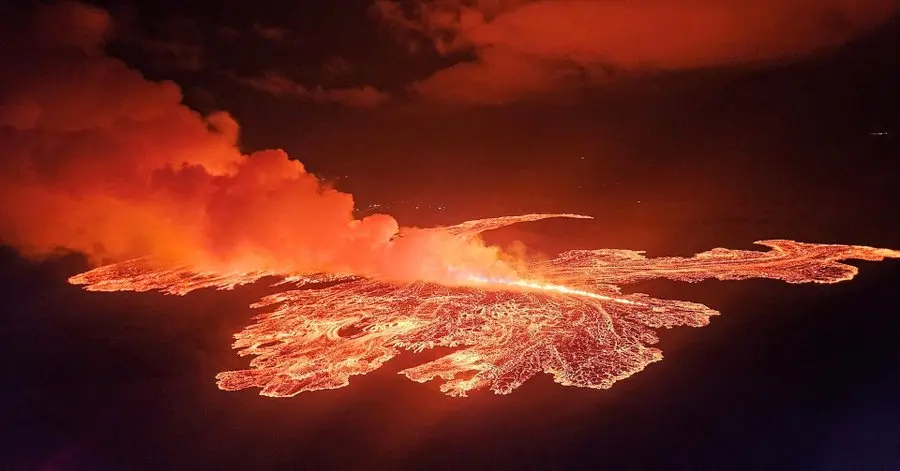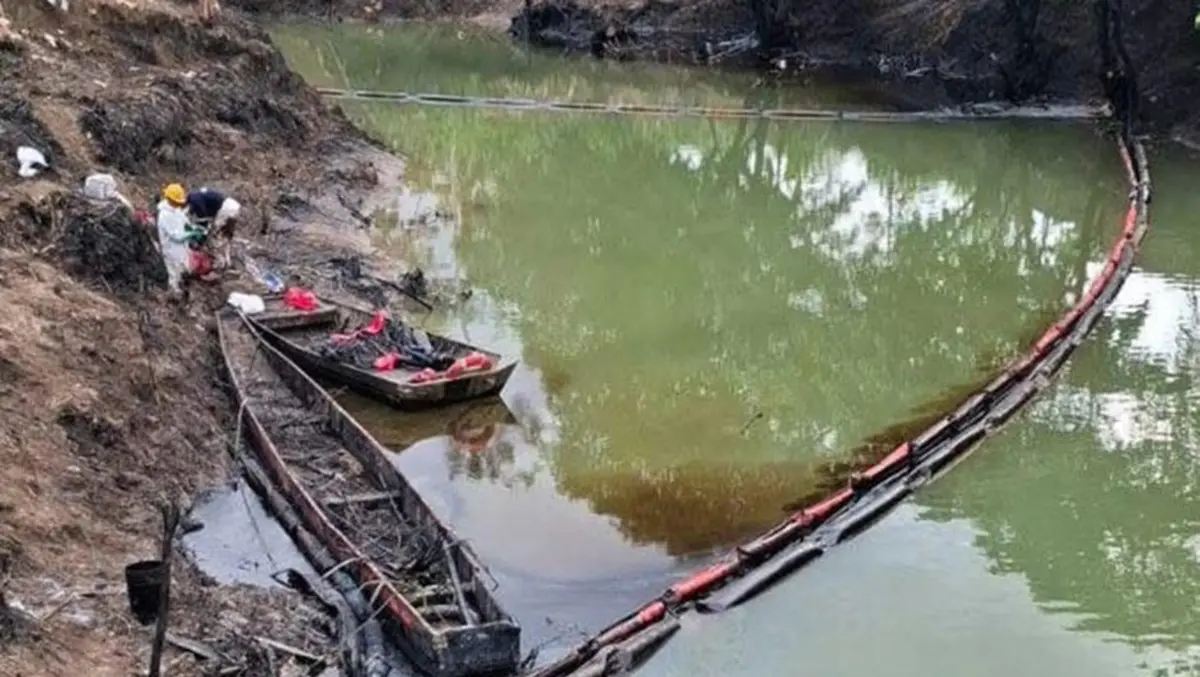Greenpeace Rallies in Geneva to Demand Binding Plastic Reduction Treaty

X/ @brkfreeplastic
August 4, 2025 Hour: 2:43 pm
‘We are calling for at least a 75% reduction in plastic production by 2040,’ said Graham Forbes.
On Monday, hundreds of environmental activists gathered outside the United Nations headquarters in Geneva, responding to a call by Greenpeace to demand a treaty that forcefully limits plastic production.
RELATED:
Wearing red and orange T-shirts, the protesters chanted slogans such as “Reduce Plastic Production,” aiming to ramp up pressure on negotiators from more than 170 countries and 600 organizations meeting at the U.N.’s Palais des Nations from Aug. 5 to 14.
“We are calling for at least a 75% reduction in plastic production by 2040,” said Graham Forbes, Greenpeace’s director in Geneva. He added that the treaty should require the elimination of single-use plastic items.
“Plastic pollution is driving climate change, biodiversity loss and contaminating every corner of the planet. It’s also infiltrating our bodies, hearts, lungs, brains, and embryos,” he warned.
The Geneva talks follow five previous negotiation rounds in which developed nations consistently opposed a legally binding agreement. Nonetheless, environmental activists and human rights defenders around the world continue to push for concrete outcomes to help address the global climate crisis.
“We need to step up our efforts and create a treaty that reduces the amount of plastic we produce, bans toxic chemicals and creates a healthier, safer planet for everyone,” the Greenpeace official concluded.
“Every year, the world produces more than 430 million metric tonnes of plastic. Over 90% of plastic pollution in marine environments is single-use plastics and microplastics. Around 11 million tonnes of plastic pollution enter into our oceans every year,” the World Wildlife Fund (WWF) stated in its latest report.
“Despite national measures, plastic pollution continues to rise. By 2040, plastic production could generate 19% of global greenhouse gas emissions if we don’t change course. These numbers aren’t just statistics—they’re a warning. And they call for action at every level,” it added.
teleSUR/ JF
Sources: EFE – WWF- Greenpeace






